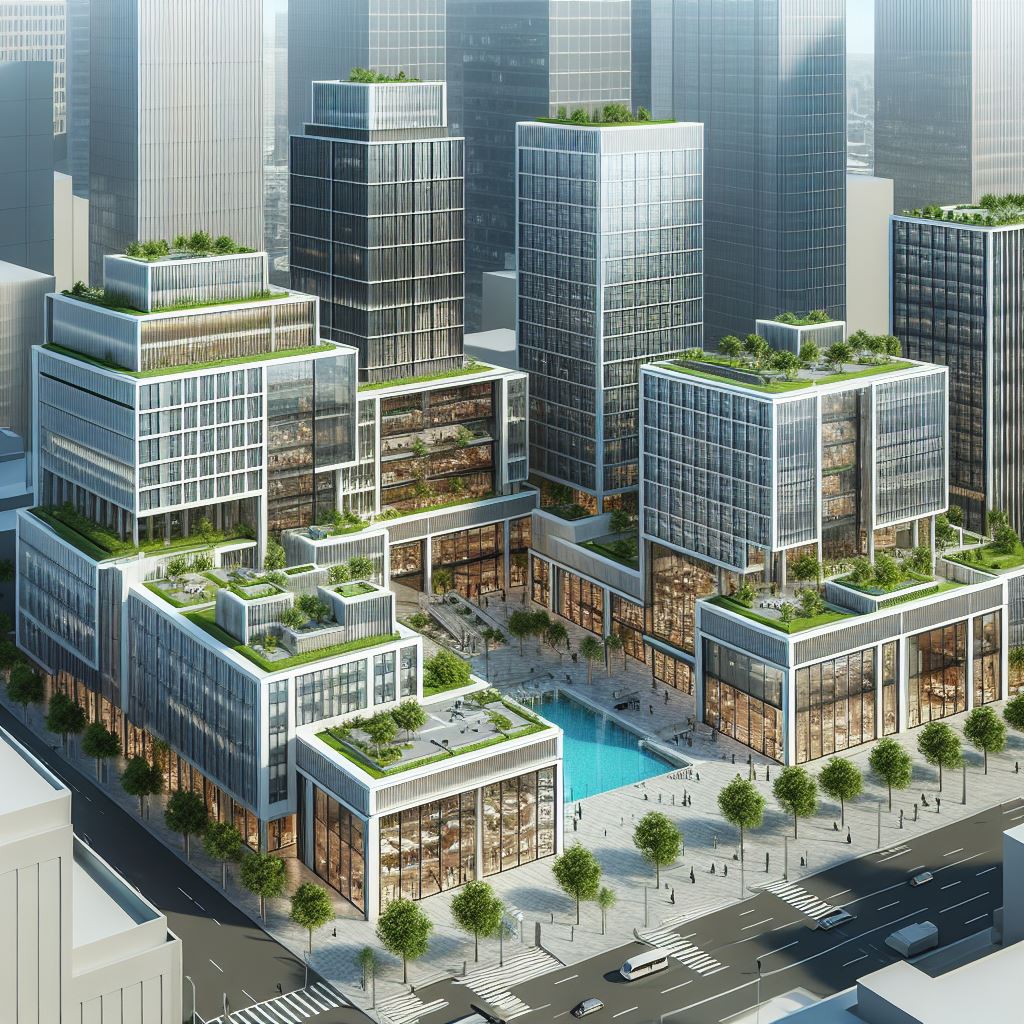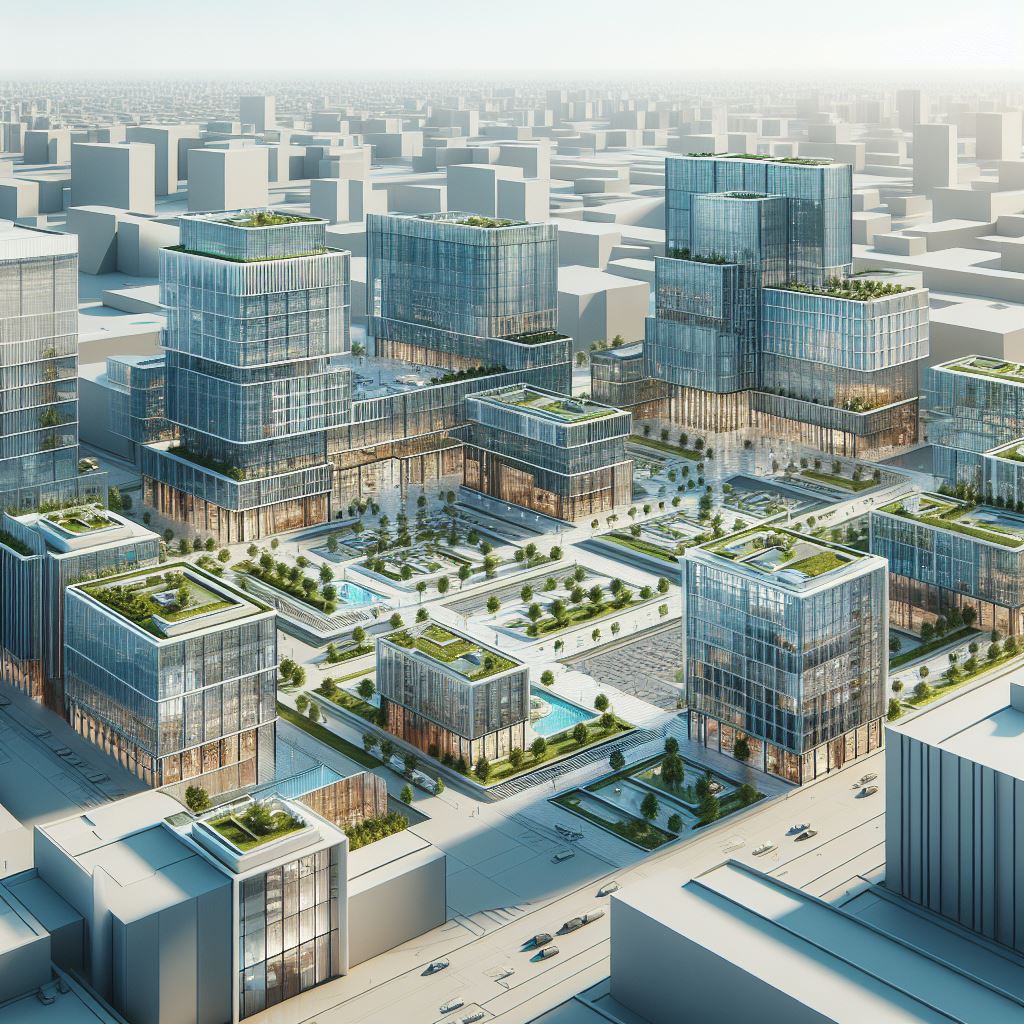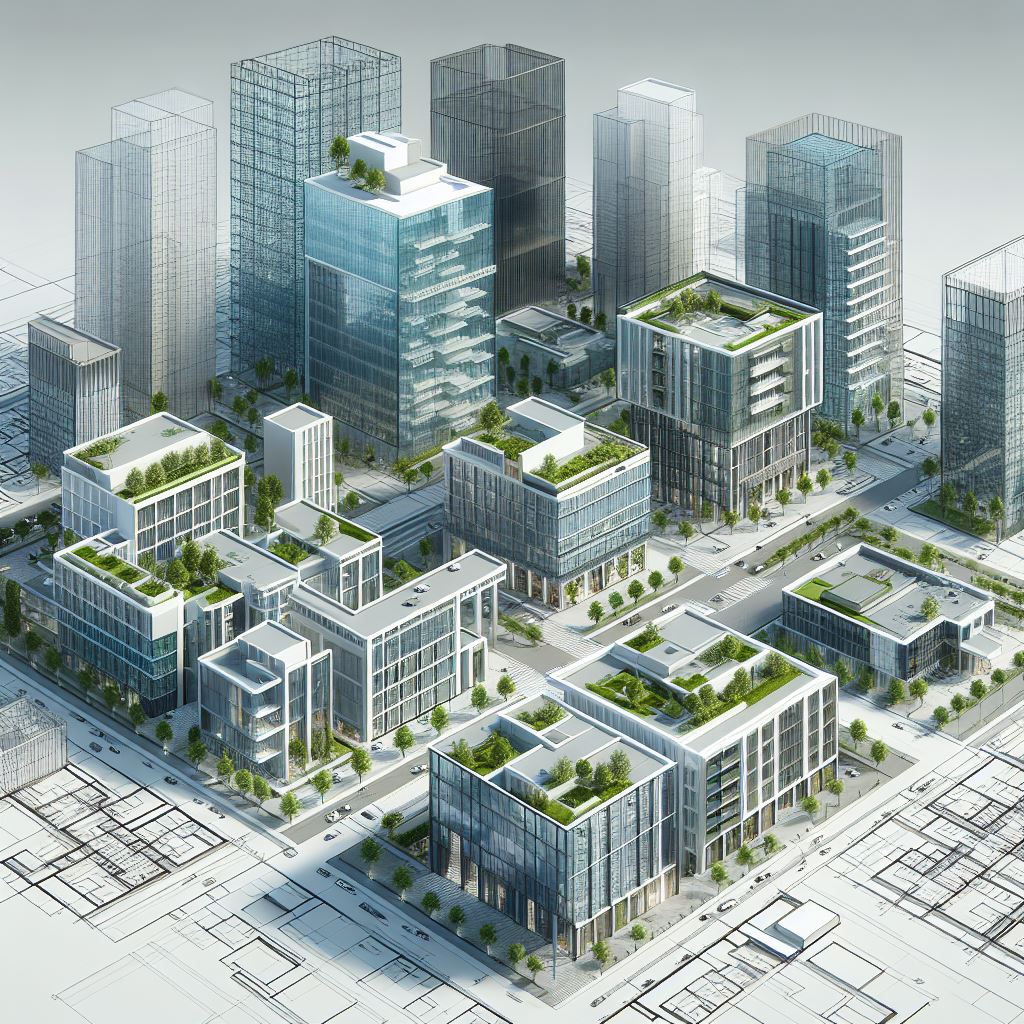Egypt is a country with a booming real estate market, offering attractive opportunities for investors, developers, and homebuyers. In this post, we will explore the current state and future prospects of the Egyptian real estate market, and provide some tips on how to make the most of it.
The Egyptian Real Estate Market: An Overview
The Egyptian real estate market has experienced remarkable growth in recent years, driven by population growth, urbanization, and economic reforms. The Egyptian residential real estate market size is estimated at USD 20.02 billion in 2024, and is expected to reach USD 33.67 billion by 2029, growing at a CAGR of 10.96% during the forecast period (2024-2029). There is an increasing demand for residential units in key cities of Egypt, especially Cairo, the capital and the largest city. Cairo’s residential real estate market has seen the most growth in the last year, with rents in some areas increasing by up to 8% Y-o-Y2. In 2021, approximately 19,000 residential units were completed in Cairo, bringing the governorate’s total residential stock to approximately 227,0002. This is a 40% increase over the previous year, when only 2,500 residential units were delivered. The New Administrative Capital (NAC) is one area that has significantly increased its residential property offering in the last year. Several landmark developments, such as New Garden City and Capital Residence, have been completed or are nearing completion, expanding the options for residents looking to relocate to the new city. The New Administrative Capital, which houses Egypt’s key ministries, government buildings, and foreign embassies, is set to become the country’s main administrative and financial center in the coming years. The Egyptian real estate market is not only limited to residential properties. It also encompasses commercial, industrial, and hospitality sectors, which have also shown positive signs of recovery and expansion in the wake of the COVID-19 pandemic. According to a report by Property Finder, the commercial and mixed-use real estate sector recorded 522 ongoing projects worth USD 309.9 billion in 2021. The ongoing real estate projects in Egypt span across 21 governorates, and have reached advanced stages of development, with roughly 52% halfway through.The Egyptian Real Estate Market: Opportunities and Challenges
The Egyptian real estate market offers many opportunities for investors, developers, and homebuyers, as well as some challenges that need to be addressed. Here are some of the main factors that affect the market:- Population growth: Egypt has a population of about 100 million people, making it the most populous country in the Arab world and the third-most populous in Africa. The population is expected to reach 128 million by 2030 and 160 million by 2050. This means that there is a huge, real demand for housing in Egypt, as the country’s population increases by 2.5 million annually and there are about one million marriages taking place every year.
- Urbanization: Egypt is one of the most urbanized countries in the region, with about 43% of its population living in urban areas. The urbanization rate is projected to increase to 50% by 2030 and 60% by 2050. This means that there is a need for more urban development and infrastructure, as well as more efficient and sustainable use of land and resources.
- Economic reforms: Egypt has implemented a series of economic reforms in recent years, particularly the recent liberalization of foreign land ownership rules in the country. These reforms, together with the fundamentally strong local demand, are now beginning to boost the housing market and the overall economy in general.
- Currency devaluation: In November 2016, Egypt floated the Egyptian pound (EGP), causing a dramatic depreciation against major currencies. As a result, the average exchange rate reached EGP 30.81 per USD 1 in March 2023 – a more than 71% cumulative decline from its value of EGP 8.88 per USD 1 before the decision to float the currency in 2016. This has made the Egyptian real estate market more attractive and affordable for foreign investors, especially from the Gulf countries, who see Egypt as a stable and profitable destination.
- Inflation and interest rates: The currency devaluation, however, has also led to high inflation and interest rates in Egypt, which have affected the purchasing power and borrowing costs of the local buyers. The annual inflation rate in Egypt was 14.1% in March 2023, up from 9.1% in February 2023 and 4.6% in March 2022. The Central Bank of Egypt (CBE) has raised its key interest rates several times since 2016, reaching 18.75% for the overnight deposit rate and 19.75% for the overnight lending rate in July 2022. These high rates have made mortgages and loans more expensive and less accessible for many Egyptians, especially the low- and middle-income segments, who account for the majority of the population.
- Supply and demand gap: Despite the increasing supply of residential units in the market, there is still a gap between the demand and the supply, especially in terms of affordability, quality, and location. According to a report by Colliers International, the demand for housing in Egypt is estimated at 900,000 units per year, while the supply is only around 500,000 units per year. Moreover, most of the supply is concentrated in the high-end and luxury segments, which cater to only 20% of the demand, while the low- and middle-income segments, which represent 80% of the demand, face a shortage of affordable and adequate housing options. Furthermore, most of the new developments are located in the outskirts of the main cities, which lack proper infrastructure and services, and are far from the employment and commercial centers.
The Egyptian Real Estate Market: Tips and Advice
If you are interested in investing, developing, or buying in the Egyptian real estate market, here are some tips and advice that can help you make the best decision:- Do your research: Before entering the market, it is important to do your research and gather as much information as possible about the market trends, the legal and regulatory framework, the taxation system, the financing options, and the potential risks and opportunities. You can use various sources, such as online portals, reports, publications, news, and blogs, to learn more about the market and the opportunities available.
- Choose the right location: Location is one of the most important factors in real estate, as it determines the value, demand, and profitability of the property. You should choose a location that suits your needs, preferences, and budget, as well as the market demand and supply. You should also consider the accessibility, infrastructure, amenities, and security of the location, as well as the future development plans and prospects.
- Compare the options: Once you have chosen a location, you should compare the different options available in the market, such as the type, size, design, quality, and price of the property. You should also compare the different developers, agents, and sellers, and their reputation, credibility, and track record. You should look for the best value for your money, and avoid any hidden fees, charges, or risks.
- Seek professional advice: If you are not familiar with the market or the process, you should seek professional advice from experts, such as lawyers, accountants, consultants, and brokers, who can guide you through the legal, financial, and technical aspects of the transaction. You should also consult with the relevant authorities, such as the Ministry of Housing, Utilities and Urban Communities, the General Authority for Investment and Free Zones, and the Real Estate Registration Office, to ensure that you comply with the rules and regulations, and obtain the necessary permits and approvals.
- Negotiate the deal: After you have found the property that meets your criteria, you should negotiate the deal with the seller or the developer, and try to get the best possible terms and conditions. You should also inspect the property thoroughly, and verify the documents and contracts, before signing anything or making any payments. You should also secure the financing, if needed, and choose the best option that suits your situation and goals.
















